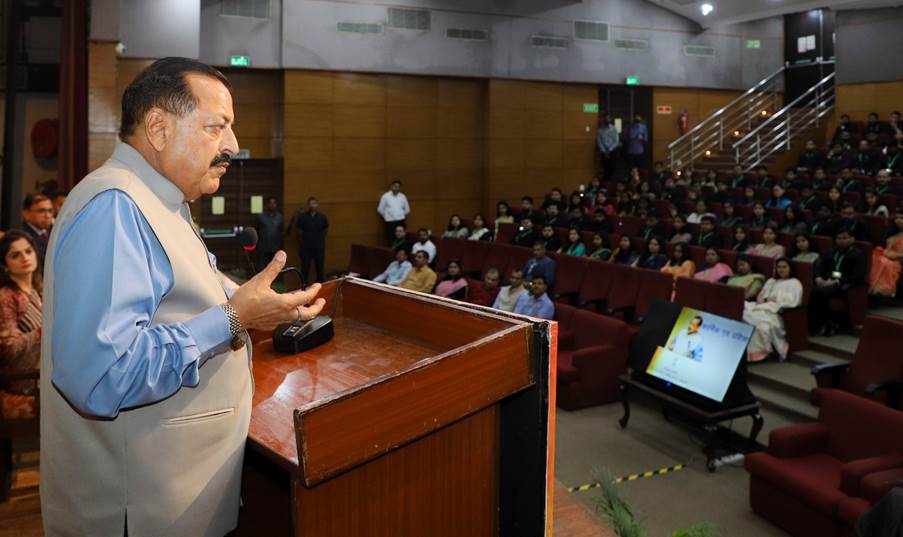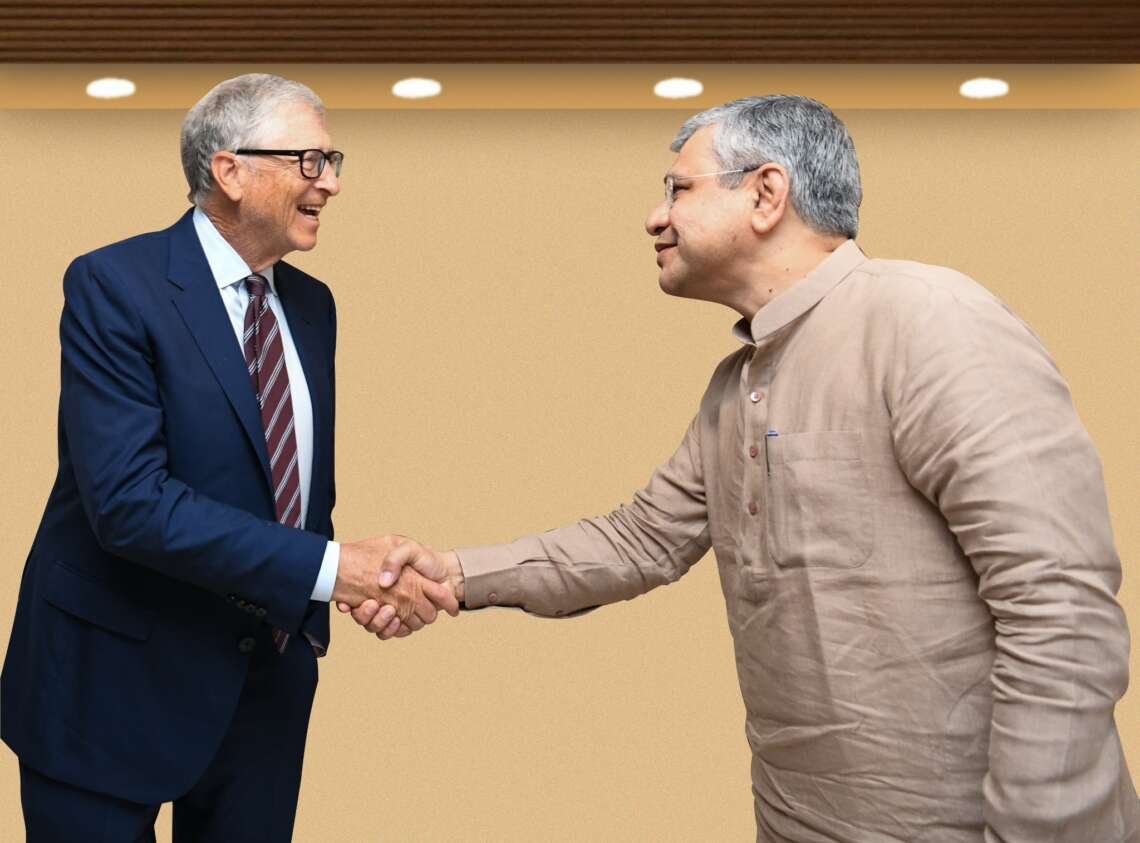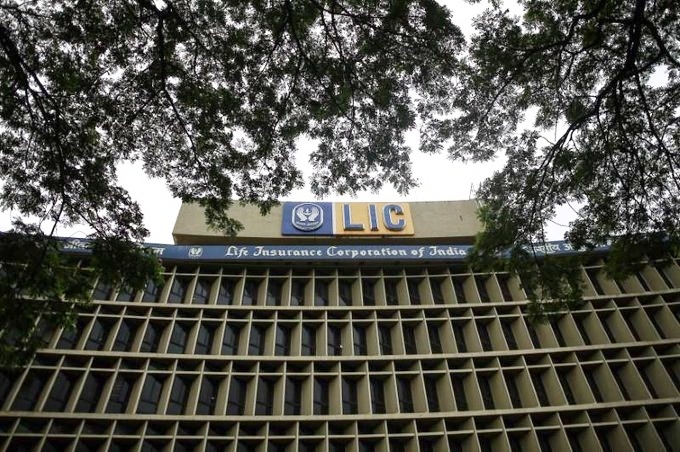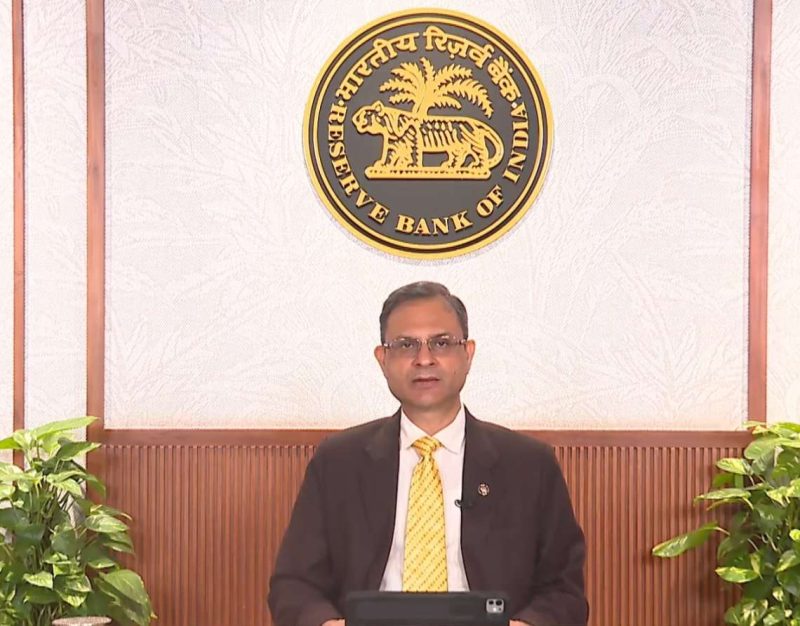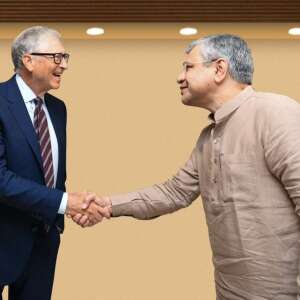The minister also took the opportunity to reflect on a series of landmark healthcare developments achieved by India in recent years. Chief among them was the development of the world’s first DNA vaccine for COVID-19, which he said restored international esteem in Indian science
Union Minister Dr Jitendra Singh on Wednesday called for a concerted push to establish India as a global leader in preventive healthcare, underscoring the urgency of tackling diseases like cervical cancer through early screening and innovative biotechnology solutions.
Speaking at a high-level meeting in the national capital, Dr Singh convened key stakeholders including the Department of Biotechnology (DBT), AIIMS New Delhi, BIRAC, ICMR, and representatives from the private sector. The meeting reviewed the progress of indigenously developed HPV test kits aimed at scaling up cervical cancer screening across the country.
“With India accounting for 25 per cent of global cervical cancer deaths, primarily due to late diagnosis, the need for preventive screening strategies has never been more critical,” said Dr Singh. “The goal is clear: we must enable affordable, accessible, and widespread screening, and position India at the forefront of global preventive healthcare.”
Citing sobering statistics, the minister noted that India ranks fourth globally in cervical cancer-related morbidity. He emphasized that while HPV is not the sole cause of cervical cancer, studies indicate a 90 per cent correlation, strengthening the case for targeted, HPV-focused preventive measures.
Dr Singh highlighted the HPV test kit development as a significant milestone for DBT, part of the Ministry of Science and Technology, and credited the achievement to a robust and collaborative ecosystem involving government bodies and private sector innovation.
The minister also took the opportunity to reflect on a series of landmark healthcare developments achieved by India in recent years. Chief among them was the development of the world’s first DNA vaccine for COVID-19, which he said restored international esteem in Indian science.
“The DNA vaccine has projected India as a country capable of leading in preventive healthcare — a stark contrast to the outdated notion that India lacked priority in both preventive and curative health sectors,” he said.
He further highlighted the successful development of Nafithromycin, India’s first indigenously produced antibiotic, which has received promising feedback. Additionally, Dr Singh mentioned India’s pioneering gene therapy trial for hemophilia, which was recently featured in the esteemed New England Journal of Medicine (NEJM).
“The recognition by both NEJM and the British Medical Journal, two of the world’s oldest and most respected medical publications, marks a turning point in how Indian healthcare research is viewed globally,” Dr Singh said.
Emphasizing the collaborative spirit driving these successes, the minister reiterated the importance of public-private partnerships. He introduced the concept of “PPP plus PPP” — Public-Private Partnerships not just within national boundaries but extending to international cooperation.
“This approach, effectively implemented in several European countries, particularly in life sciences and healthcare, must be embraced and adapted to the Indian context to unlock new opportunities,” he added.
Dr Singh concluded by reiterating the government’s commitment to leveraging science and innovation to improve public health outcomes. He praised the efforts of Indian researchers and biotech entrepreneurs, calling their contributions essential to shaping a healthier future for the nation and beyond.
“As we aim to lead globally in preventive healthcare, it’s crucial to acknowledge and build upon the milestones we’ve achieved,” he said. “India has not just joined the global healthcare narrative — we are beginning to write it.”


